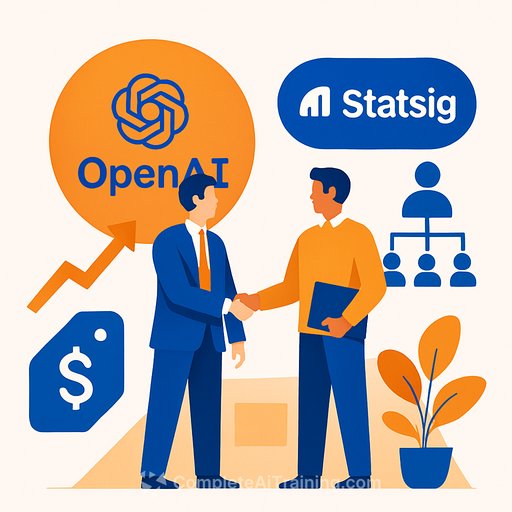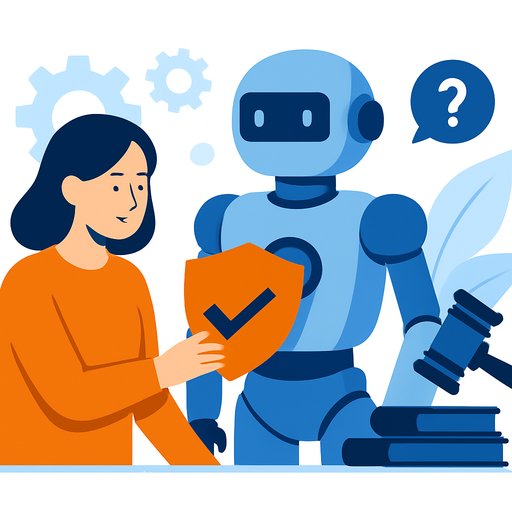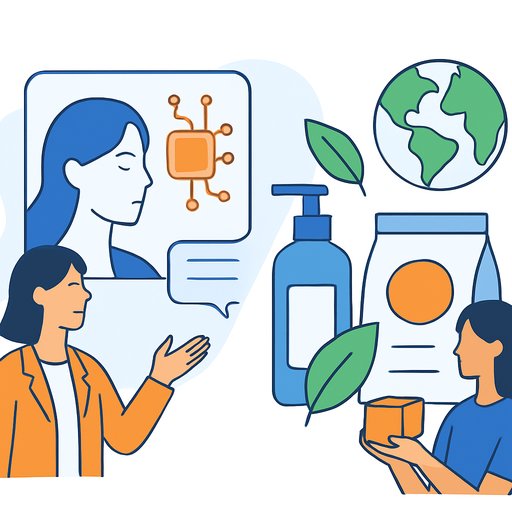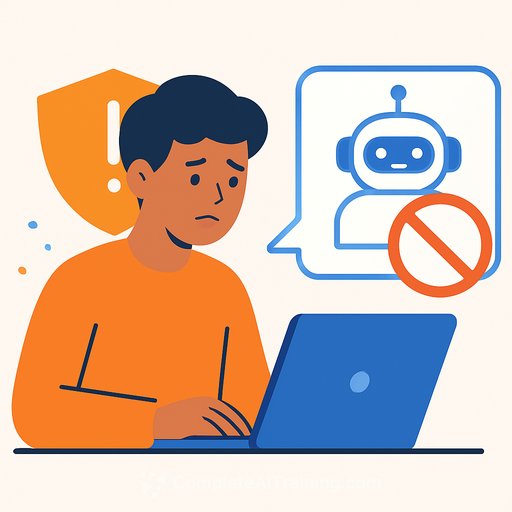OpenAI Acquires Statsig in $1.1 Billion Deal
OpenAI has acquired Statsig, a product-testing startup, in a deal valued at around $1.1 billion. This move supports OpenAI’s goal to scale AI applications by integrating Statsig’s expertise in A/B testing and feature flagging directly into its product development workflow. The acquisition promises to speed up the rollout of AI-driven offerings such as ChatGPT.
Statsig, founded in 2021 by former Facebook executive Vijaye Raji, has built a platform widely used by leading tech companies to test software features in real time. OpenAI itself was already a customer of Statsig. The all-stock transaction, based on OpenAI’s current $300 billion valuation, allows Statsig to remain independent in Seattle and continue serving its existing clients.
The key highlight of the deal is Vijaye Raji’s new role as OpenAI’s chief technology officer of applications. This newly created position puts him in charge of product engineering for major offerings, including ChatGPT and the developer API. He will report to Fidji Simo, who recently joined OpenAI as CEO of applications after her tenure at Instacart, focusing on bridging the gap between research and practical user tools.
Strategic Expansion in AI Product Development
The leadership changes extend beyond Raji’s appointment. Ilya Sutskever, OpenAI’s co-founder and chief scientist, is shifting his focus exclusively to long-term AI safety and alignment, stepping back from day-to-day product oversight. Meanwhile, Kevin Weil moves from chief product officer to chief technology officer, concentrating on infrastructure and core systems.
This leadership restructuring reflects OpenAI’s intent to distribute responsibilities more efficiently amid rapid growth. It also responds to rising competition from companies like Anthropic and Google, signaling a need to sharpen its product pipeline.
By bringing Statsig’s 100-person team onboard, OpenAI gains a group experienced in scaling experiments for high-stakes environments. This capability could accelerate iterations on GPT-4 and future models, improving testing cycles and feature rollouts.
Implications for Innovation and Market Position
The acquisition fits within OpenAI’s broader strategy to empower developers and enterprises with safer, impactful AI applications. Statsig’s platform, known for data-driven decision-making, has supported companies like Eventbrite and SoundCloud, and OpenAI expects to leverage this expertise to enhance AI feature testing and reduce deployment risks.
Industry insiders view this move as OpenAI’s shift from a research-focused lab to a mature product company. Fidji Simo’s leadership, with her background at Instacart and Facebook, points toward stronger emphasis on consumer-facing innovations and potentially new social or enterprise tools based on OpenAI’s models.
Future Outlook Amid Regulatory Scrutiny
The deal is subject to regulatory approval amid increasing antitrust scrutiny in the tech sector. Statsig’s acquisition surprised some in the Seattle tech scene, but it positions OpenAI as a dominant player in AI experimentation platforms.
While some critics raise concerns about market concentration, supporters argue that combining these teams will accelerate the safe adoption of AI technologies. With Raji leading applications, OpenAI is set to better align advanced AI research with rigorous product testing, potentially shaping how AI is integrated into everyday workflows.
For professionals involved in product development and AI integration, this acquisition marks a significant step in refining the tools and processes that bring AI innovations to market efficiently and reliably.
Your membership also unlocks:





